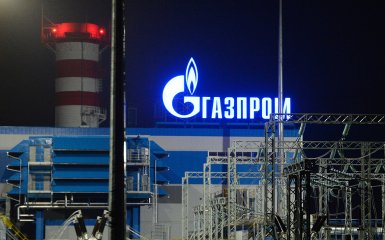The Russian Federation remains an important supplier of energy carriers to Europe. Despite the loss of positions on the European market, the Russian Federation provided 15% of gas imports to the EU in 2023.
Points of attention
- Russia remains a significant energy supplier to Europe, contributing 15% of gas imports to the EU in 2023.
- Despite facing competition from Norway and the USA, Russia continues to supply gas to Europe through pipelines via Ukraine and Turkey.
- Russian fossil fuel imports to the EU have seen a significant decline, with Norway surpassing Russia as the largest supplier of pipeline gas.
- Austria's decision to reduce its reliance on Russian gas highlights the shifting dynamics in the European energy market and the impact of geopolitical considerations.
- The European energy landscape is evolving, with Russia facing challenges from other suppliers while maintaining its position as a key player in the region.
Russia continues to supply gas to Europe
According to Bloomberg, by the end of 2023, Russian fossil fuel imports to the European Union amounted to about $1 billion per month. This is down from a peak of $16 billion per month in early 2022.
According to the European Commission, Russia accounted for 15% of total gas imports to the EU in 2023, behind Norway and the US with 30% and 19% respectively, and ahead of North African countries with 14%.
Most of the Russian gas comes through pipelines through Ukraine and Turkey. Austria, Slovakia and Hungary are among the biggest buyers.
Countries such as Spain, France, Belgium and the Netherlands still import Russian liquefied natural gas on tankers. Some of this gas is then mixed with other sources of gas in the European pipeline network, meaning it potentially goes to Germany, despite claims to be renouncing Russian gas.
However, Norway has already supplanted Russia as the largest supplier of pipeline gas. The USA also became the largest supplier of liquefied fuel to Europe.
Austria may finally give up Russian gas
As Reuters learned, this decision was made by Vienna against the backdrop of high import prices, as well as political consequences of continued cooperation with the aggressor country.
The Austrian authorities are ready to make tough decisions to reduce the share of Russian gas in the country's imports.
In part, the state-owned company OMV was going to fulfill the contract with Gazprom, which should be valid until 2040.
According to Energy Minister Leonor Gewessler, Russia's share in Austria's gas imports grew strongly in December 2023, up to 98%.
More on the topic
- Category
- Economics
- Publication date
- Додати до обраного


